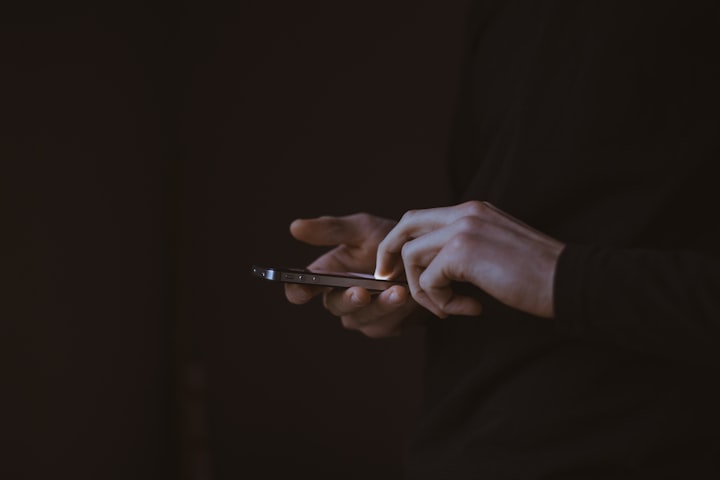The Rise of Digital Minimalism
Simplifying Your Online Life Can Improve Your Well-Being

Since the digitalization has overtaken major stance!
In the past decade, we have witnessed a rapid rise in technology, with the internet and social media becoming integral parts of our daily lives. We are now more connected than ever before, with our smartphones acting as an extension of ourselves. While technology has undoubtedly made our lives easier and more convenient, it has also resulted in information overload and constant distractions, leading to a rise in stress, anxiety, and burnout.
This is where digital minimalism comes in. Digital minimalism is a philosophy that advocates for simplifying our online lives by intentionally reducing the amount of time we spend on digital devices and platforms. The aim is to create a healthier relationship with technology, allowing us to focus on the things that matter most in our lives.
The concept of digital minimalism was popularized by Cal Newport, a computer science professor at Georgetown University, in his book "Digital Minimalism: Choosing a Focused Life in a Noisy World." Newport argues that we should treat our digital lives with the same intentionality as we do our physical lives. We should only use technology that adds value to our lives and cut out any distractions or time-wasters.
One of the main benefits of digital minimalism is improved mental health. Studies have shown that excessive social media use can lead to increased anxiety, depression, and feelings of loneliness. By reducing our time on social media and other digital distractions, we can alleviate these negative effects and improve our overall well-being.
Digital minimalism can also lead to increased productivity. Constant notifications, emails, and social media updates can be a significant distraction, making it difficult to focus on tasks that require our full attention. By minimizing these digital distractions, we can increase our productivity and get more done in less time.
Furthermore, digital minimalism can help us to develop more meaningful relationships. Social media has allowed us to connect with people from all over the world, but it has also led to a decrease in face-to-face interaction. By reducing our reliance on social media, we can focus on building stronger connections with the people who matter most in our lives.
So how can we practice digital minimalism in our own lives? The first step is to identify the technology that adds value to our lives and cut out the rest. This could mean deleting social media apps, unsubscribing from email newsletters, or reducing the amount of time we spend watching TV or playing video games.
It's also essential to set boundaries around our use of technology. For example, we could designate certain times of the day for checking email or limit our social media use to a specific time frame. By setting these boundaries, we can regain control of our digital lives and reduce the risk of becoming addicted to technology.
Finally, it's important to find alternative activities to replace the time we would have spent on digital devices. This could mean taking up a new hobby, spending more time in nature, or engaging in more face-to-face interactions with friends and family.
Digital minimalism is not about rejecting technology altogether, but rather about using it in a way that enhances our lives rather than detracting from it. It's about being intentional with our use of technology and using it as a tool rather than allowing it to control us.
One of the most significant benefits of digital minimalism is the reduction of information overload. With so much information available at our fingertips, it can be challenging to filter out what is essential and what is not. By reducing the amount of time we spend on digital devices and platforms, we can focus on consuming only the information that is most valuable to us.
In conclusion, the rise of digital minimalism is a response to the increasing amount of time we spend on digital devices and platforms. By simplifying our online lives, we can improve our mental health, increase productivity, and build more meaningful relationships. While it may be challenging to cut back on technology use, the benefits of digital minimalism are well worth the effort.
About the Creator
Kiran Khan
Hey- I'm an ordinary girl consuming data everyday.






Comments
There are no comments for this story
Be the first to respond and start the conversation.